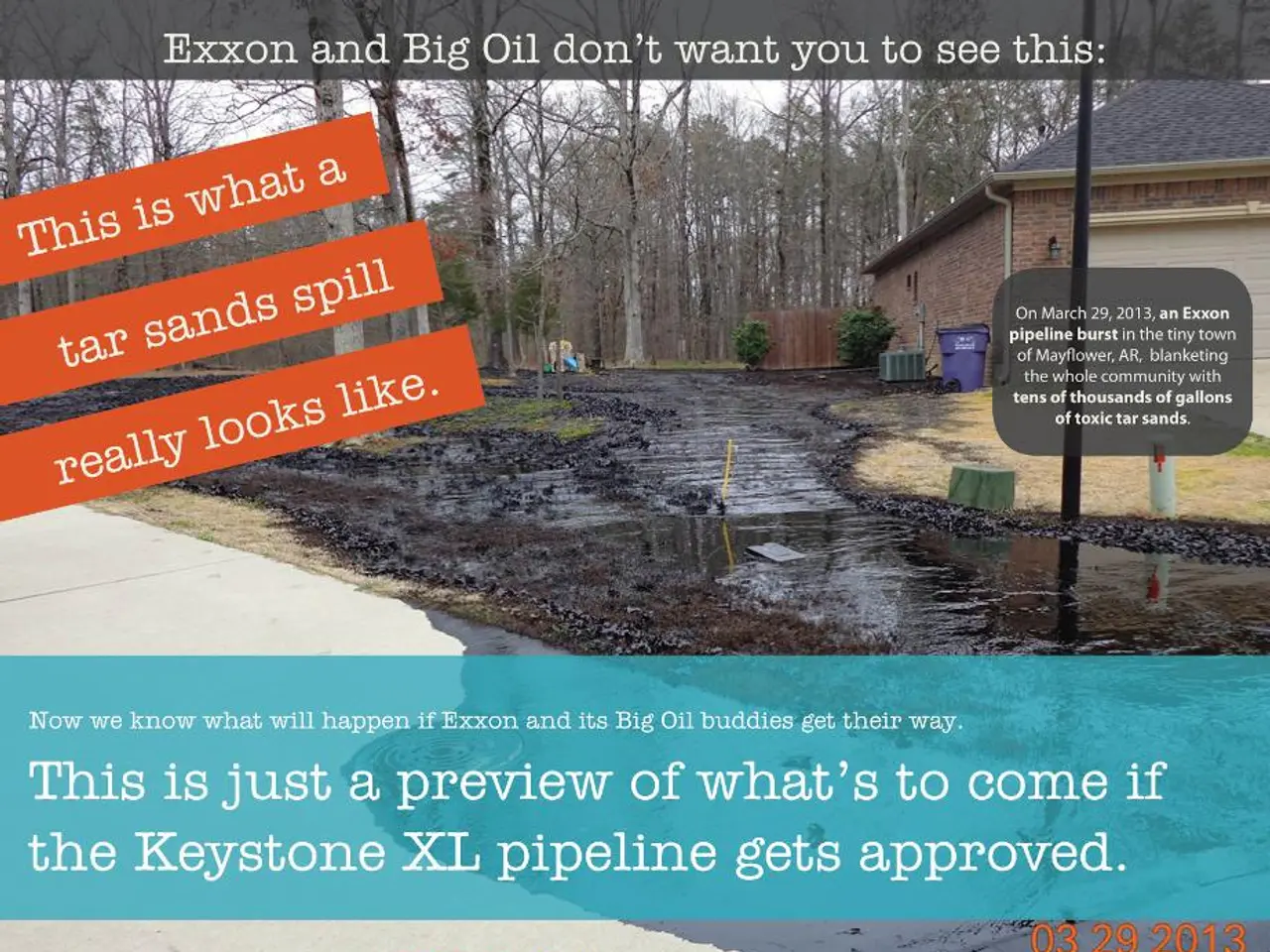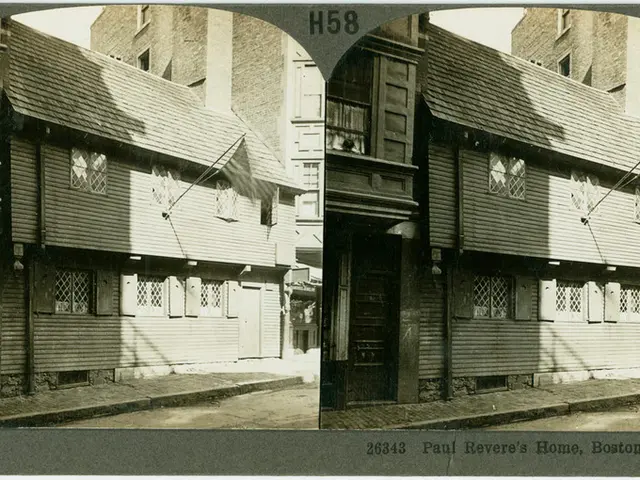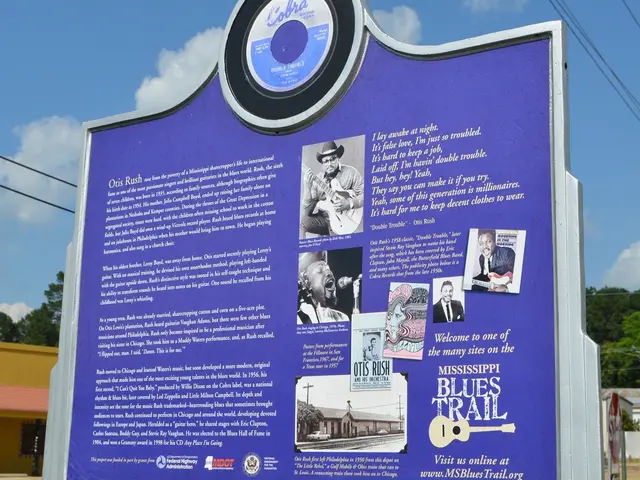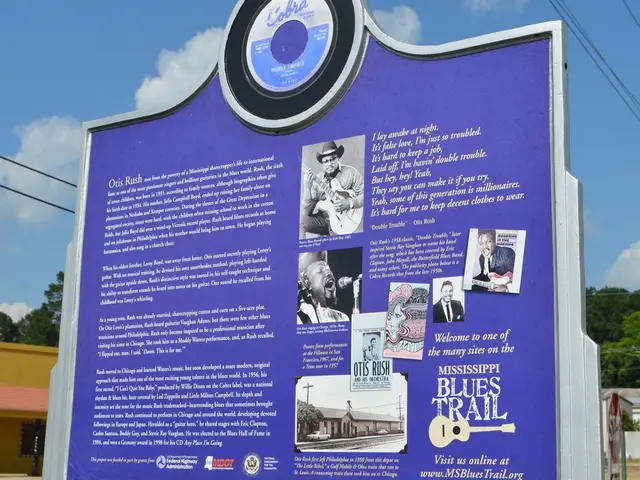Discussions held between PPP Authority and JFE Engineering concerning the construction of a waste-to-energy power plant in Japan.
In a significant stride towards a greener future, a proposal by Japan's JFE Engineering Corporation for a waste-to-energy plant in Bangladesh is currently undergoing feasibility studies and technical assessments. This project, slated for the 2025–26 fiscal year, is a collaborative effort between Japan's Ministry of Environment and JFE Engineering Corporation, alongside the Chattogram City Corporation (CCC).
The aim of this initiative is to convert waste into clean electricity, thereby reducing landfill dependency and lowering greenhouse gas emissions. The project, if successful, will not only provide renewable energy but also contribute to making Chattogram a more eco-friendly city.
The Bangladesh Public-Private Partnership (PPP) Authority has officially received this proposal, which outlines the establishment of a modern waste-to-energy plant under the PPP model. Local government officials have shown a mutual interest in strengthening technical cooperation to facilitate the project's implementation.
Despite challenges such as land acquisition, the local authorities are cooperating to pave the way for this project. Rafiqul Islam, CEO of the PPP Authority, emphasized the need to launch the project without delay to achieve maximum long-term environmental and economic benefits.
It is worth noting that similar waste-to-energy projects exist in Japan and Vietnam. The Japanese technology will be utilized in the proposed plant, ensuring efficient and environmentally friendly operations.
Eiji Koga, Advisor for Sustainable Infrastructure Development (Waste Management) at Japan's Ministry of the Environment, led a delegation to present the waste-to-energy plant proposal to Muhammad Rafiqul Islam, CEO of the PPP Authority. The PPP Authority will now review the submitted proposal and determine the necessary steps to advance the project.
As of August 2025, no progress beyond feasibility studies or formal construction commencement has been reported. However, the potential benefits of this project make it an exciting prospect for Bangladesh's renewable energy sector and its commitment to combat climate change.








